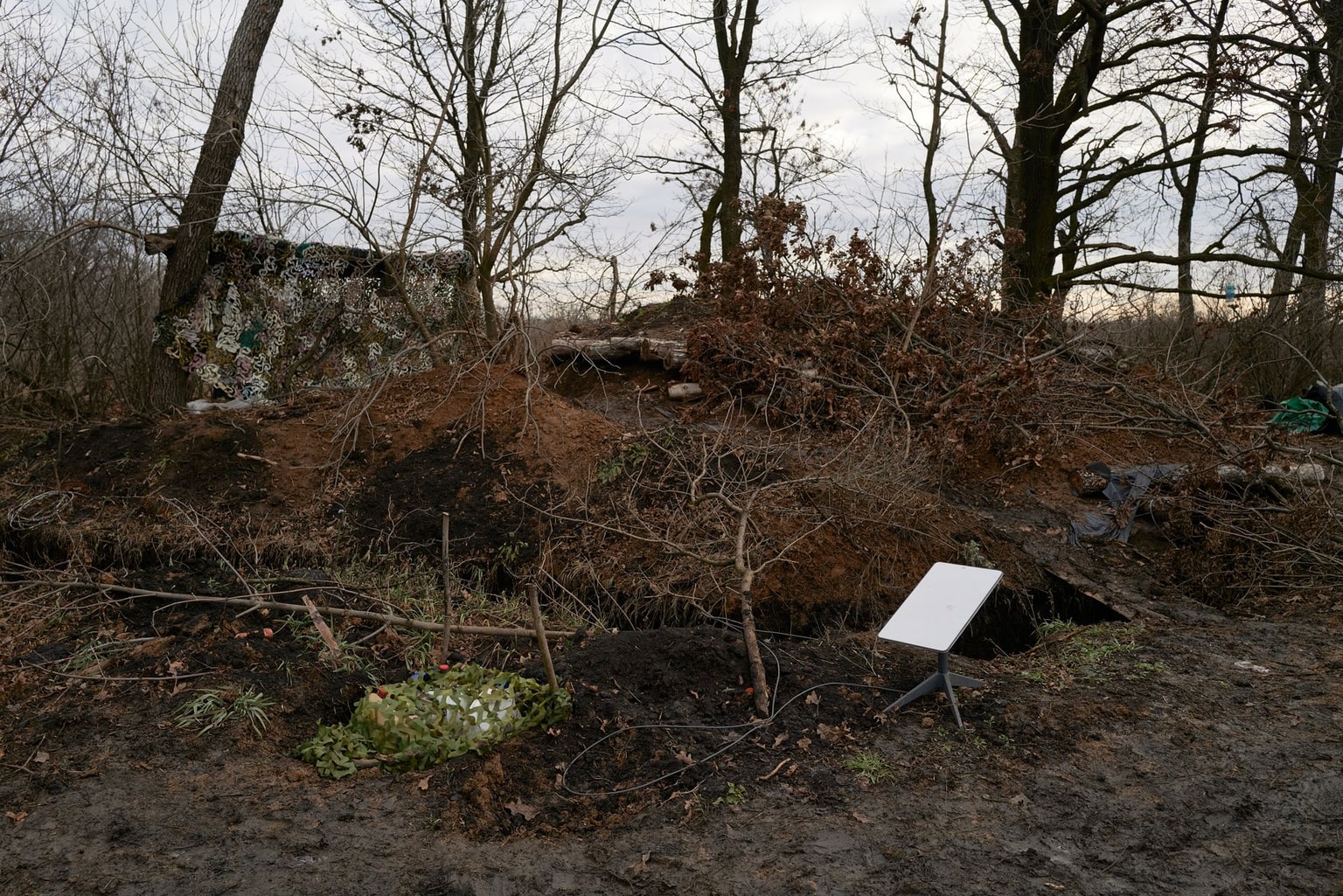White House: Russia was preparing evacuation from Kyiv embassy amid rising tensions

The White House has confirmed on Jan. 19 that Russia has embassy evacuation plans from Ukraine, amid Kremlin's ongoing military escalation.
“We have information indicating that the Russian authorities were preparing to evacuate family members of diplomats from their (Kyiv) embassy in late December and early January,” Jen Psaki, White House press secretary, told reporters.
She added that Russia could launch an attack on Ukraine “at any point,” underscoring the immediacy of the threat if Moscow decides to take action.
“Our view is this is an extremely dangerous situation,” Psaki said.
The New York Times previously reported that 18 people – mostly the children and wives of Russian diplomats – boarded buses for a 15-hour drive home to Moscow on Jan. 5, citing a senior Ukrainian security official.
About 30 more were evacuated in the next few days from Russia's Kyiv embassy and consulate in Lviv, western Ukraine, according to the newspaper.
Diplomats at two other Russian consulates have been told to prepare for evacuation from Ukraine, the unnamed security official told the New York Times. Besides the Kyiv embassy, Russia has three consulates in Ukraine, which are located in Kharkiv, Lviv and Odesa.
Following the report, Russia’s Foreign Ministry said hours before the White House briefing that its embassy in Kyiv was operating as usual, the Interfax news agency reported.
Ukrainian and U.S. officials say thinning out of the Russian Embassy could be either propaganda or preparation for a potential large-scale invasion. It can also be both.
Russia has now deployed more than 127,000 troops on the Ukrainian border, according to Ukraine’s Defense Ministry’s latest intelligent assessment shared exclusively with CNN.
Russia has also begun sending its troops and combat vehicles to Ukraine’s northern neighbor Belarus ahead of joint military drills scheduled for February. The exercise will be held near Belarus’s western rim, near Ukrainian borders as well as NATO’s eastern members Poland and Lithuania.
Russia said the tensions around Ukraine were rising and it's still waiting for a response to its sweeping demands for security guarantees from the West, which includes a halt to NATO's potential eastward expansion and a formal veto on Ukraine from ever joining the military alliance.
Meanwhile, the U.S. will be providing an additional $200 million in defensive military aid to Ukraine.
Secretary of State Antony Blinken flew to Kyiv on Jan. 19, where he met President Volodymyr Zelensky and Foreign Minister Dmytro Kuleba. Blinken will then travel to Berlin for talks with European allies before heading to Geneva to speak with Russian Foreign Minister Sergey Lavrov on Jan. 21.
Blinken warned that Russia could launch an attack on Ukraine at "very short notice."
“We know that there are plans in place to increase that force even more on very short notice, and that gives President Putin the capacity, also on very short notice, to take further aggressive action against Ukraine,” the Secretary said in his remarks to U.S. Embassy staff in Kyiv.










